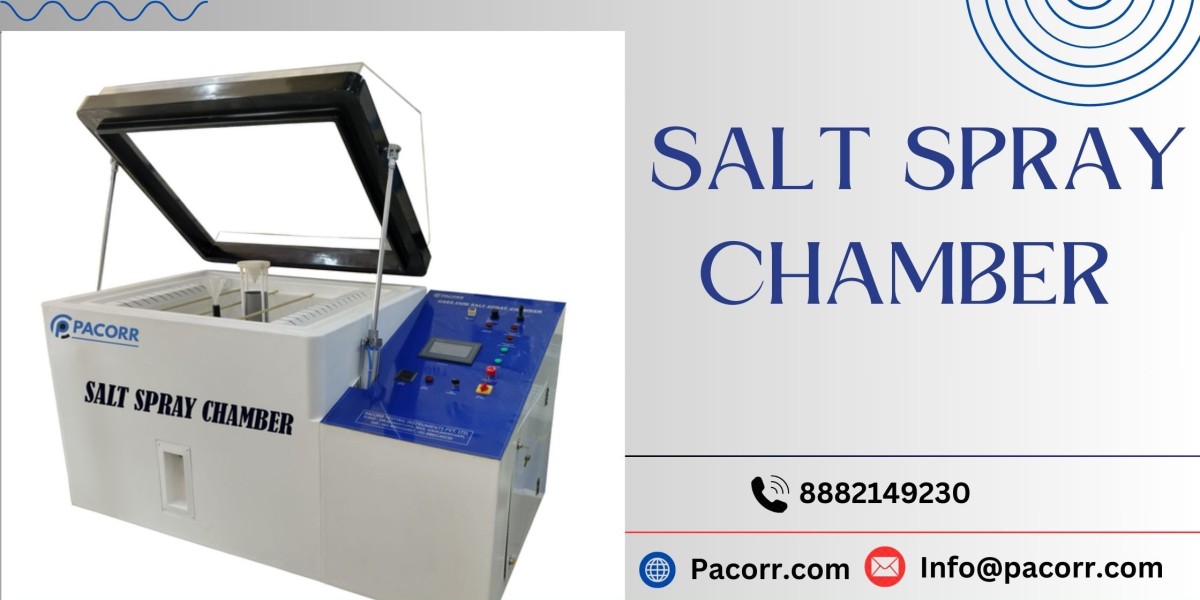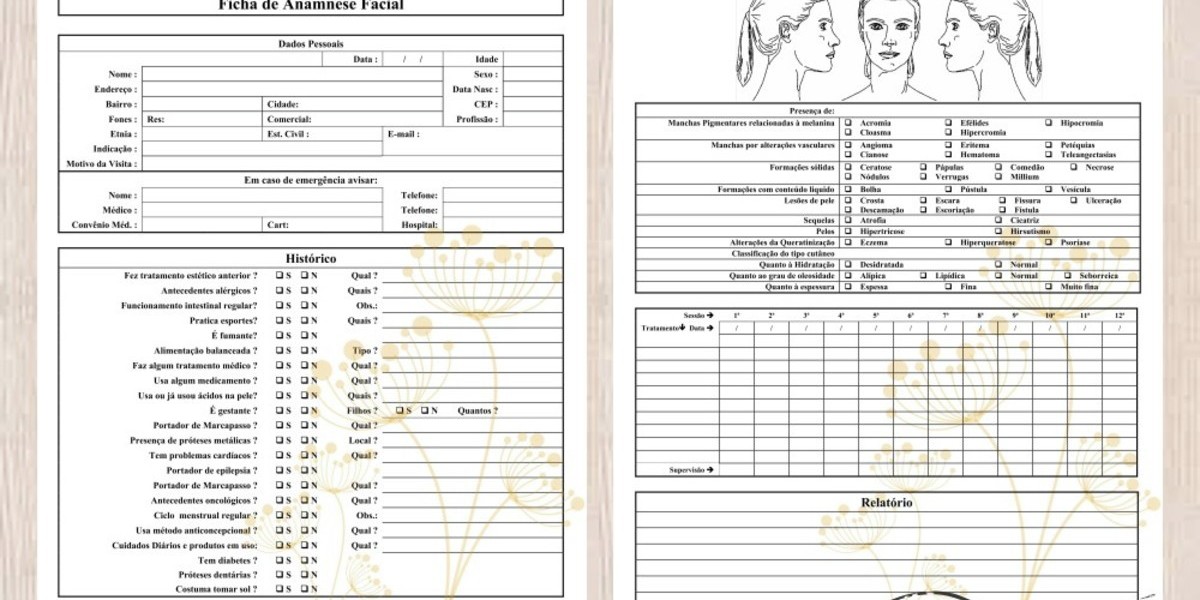At Pacorr, we manufacture high-quality Salt Spray Chambers designed to provide accurate and reliable testing results, ensuring your products meet the highest standards of durability.
What is a Salt Spray Chamber?
A Salt Spray Chamber simulates a corrosive environment using a saline solution, primarily to evaluate the protective qualities of coatings and finishes on materials. This accelerated testing method helps manufacturers understand how their products will perform in real-world conditions, particularly in environments exposed to saltwater, humidity, and other corrosive agents.
Importance of Corrosion Testing
Corrosion can significantly impact the longevity and reliability of products, especially those used in harsh environments such as marine, automotive, and construction industries. The Salt Spray Chamber allows manufacturers to:
- Identify Vulnerabilities: Early detection of potential weaknesses in coatings or materials helps in making necessary adjustments to improve product performance.
- Ensure Compliance: Many industries have specific standards and regulations regarding corrosion resistance. Testing in a Salt Spray Chamber can help ensure compliance with these requirements.
- Enhance Product Development: By understanding how different materials and coatings react to salt spray exposure, manufacturers can innovate and develop more effective solutions that enhance product durability.
Features of Pacorrs Salt Spray Chamber
At Pacorr, our Salt Spray Chambers come equipped with advanced features to ensure accurate testing:
- Digital Controls: Precise temperature and humidity control to replicate exact environmental conditions.
- User-Friendly Interface: Easy-to-navigate controls for setting up and monitoring tests.
- Durable Construction: Designed with high-quality materials to withstand the rigors of continuous testing.
- Safety Features: Built-in safety mechanisms to prevent accidents and ensure operator safety.
How Does the Salt Spray Test Work?
The Salt Spray Test follows specific guidelines set by international standards, such as ASTM B117 and ISO 9227. The process generally involves:
- Preparation of Specimens: Materials or coated samples are cleaned and prepared for testing.
- Setting Up the Chamber: The specimens are placed in the Salt Spray Chamber, which is filled with a saline solution (typically sodium chloride).
- Testing Conditions: The chamber maintains controlled temperature and humidity levels, ensuring consistent and reproducible results.
- Observation: The samples are monitored over a predetermined period, and any signs of corrosion, such as rust or deterioration, are recorded.
Benefits of Using Pacorrs Salt Spray Chamber
- Accurate Results: Our Salt Spray Chambers are designed to provide highly accurate and reproducible results, essential for quality control and product development.
- Time Efficiency: The accelerated nature of salt spray testing allows manufacturers to evaluate product performance in a fraction of the time it would take in real-world conditions.
- Comprehensive Testing: Testing different materials and coatings can be conducted in a single chamber, offering flexibility in product evaluation.
Conclusion
Investing in a Salt Spray Chamber from Pacorr not only enhances your ability to test and ensure the corrosion resistance of your products but also contributes to overall quality assurance in your manufacturing processes. With our state-of-the-art technology and commitment to excellence, Pacorr is your trusted partner in corrosion testing.
For more information about our Salt Spray Chambers and how they can benefit your operations, visit us at pacorr.com. Let us help you ensure the quality and durability of your products!
Contact Us:
Email: Info@pacorr.com
Phone: 8882149230
Visit our website at www.pacorr.com for more details on our testing instruments.








